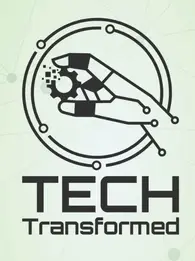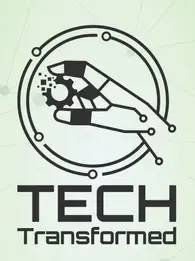
The winner of a prestigious photography award has declined his honour after disclosing that his picture was actually created by AI.
Boris Eldagsen's entry, 'Pseudomnesia: The Electrician', won the creative open category at the Sony World Photography Award last week. He stated that he used the photograph to put the competitors to the test and to spark a discussion about the future of photography. The award's organisers told BBC News that Eldagsen misled them about the level of AI engaged.
What was his response?
Eldagsen admitted to being a "cheeky monkey" in a statement posted on his website, thanking the judges for "selecting my image and making this a historic moment," while querying whether any of them "knew or suspected that it was AI-generated."
"AI images and photography should not compete with each other in an award like this," he added. "They are distinct entities." AI is not the same as photography. As a result, I shall decline the award."
What is Artificial Intelligence?
The history of artificial intelligence (AI) can be traced back to the mid-20th century when computer scientists began to develop algorithms and models that could mimic human intelligence.
Over the years, AI technology has evolved significantly, with major milestones including the development of expert systems in the 1980s and neural networks in the 1990s. The early 2000s saw the emergence of machine learning, which enabled computers to learn and improve from data without being explicitly programmed.
Why has AI become so popular recently?
The current state of artificial intelligence is marked by rapid advancement and widespread adoption across industries. Machine learning and deep learning algorithms have become increasingly sophisticated, enabling AI systems to perform complex tasks such as natural language processing, image recognition, and decision-making.
Despite the many benefits of AI, the technology also presents significant challenges and ethical concerns. There are concerns around bias in AI systems, as well as the potential for job displacement as machines become more capable of performing tasks traditionally done by humans.
Efforts are being made to address these concerns, with increased focus on creating transparent and ethical AI systems. Overall, the current state of AI is one of immense possibility, but also demands careful consideration of the social and ethical implications of this technology.












